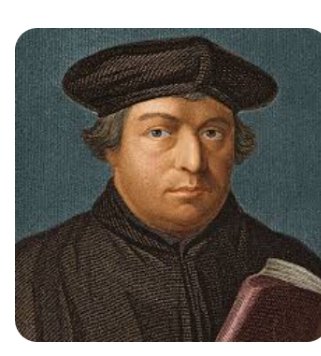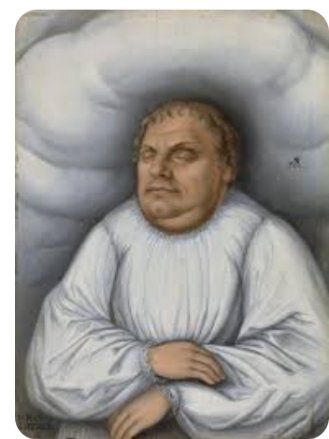Luther remember @cryptoboy01
"The story of Martin Luther through out his life time and his good work.
“Posting of Luther’s 95 Theses” narrated by Julius Hubner, 1878. Historians debate whether Luther nailed his theses on the Church door October 31, 1517. Certainly he mailed a letter with a copy of the theses to the Archbishop of Mainz on that date. Probably the theses were posted on the church door, frequently used as a bulletin board for such calls to debate, in November of that year.

"TO remember Martin Luther, the chief prize and his work in those days.
Five hundred years ago, in 1517, Martin Luther, a German monk and university professor, posted 95 theses to the door of the Castle Church in Wittenberg, Germany. The theses, written in Latin, were an invitation to a scholarly debate on indulgences, the certificates by which the Roman Church offered early release from suffering in Purgatory. Beginning “Out of love for the truth and the desire to elucidate it…”, the theses were soon translated into German and spread throughout Germany. Luther’s call for debate led to the Reformation, a major transformation in world history which transformed the face of Europe and deeply influenced settlements in America. Luther and other Reformers reasserted the authority of the Scripture alone, as opposed to tradition and church hierarchy. They maintained that salvation comes by grace alone, through faith alone, in Christ alone, to the glory of God alone. These phrases or theological principles are often called the “Five Solas of the Reformation” (sola being the Latin word for “lone” or “only”): Sola Scriptura, Sola Gratia, Sola Fide, Solus Christus, Soli Deo Gloria.
“Luther at the Diet of Worms” by Anton von Werner, 1877
The Papacy early opposed Luther’s theses against indulgences as well as other writings by this Augustinian monk and University professor. In 1521, a Diet or formal assembly of the Empire, presided over by Emperor Charles V, was called in the city of Worms to consider Luther’s works. Luther refused to recant his writings, saying,
Unless I am convinced by the testimony of the Scriptures or by clear reason (for I do not trust either in the pope or in the councils alone, since it is well known that they have often erred and contradicted themselves), I am bound by the Scriptures I have quoted, and my conscience is captive to the Word of God. (Roland H. Bainton. Here I Stand: A Life of Martin Luther. Nashville: Abingdon Press, 1978, 182.)
The earliest printed sources say Luther concluded, “Here I stand, I can do no other. God help me.” The council condemned Luther as a heretic, an outlaw to be arrested and punished (probably by being burned at the stake). Two years earlier, in a Disputation in Leipzig, he had asserted that “A simple layman armed with Scripture is to be believed above a pope or cardinal without it.” ( Here I Stand, 107.) Luther rested his Christian understanding on the Scriptures, and he led a movement to return to the Bible, not the church hierarchy or tradition, as a source of truth.

Martin Luther was the son of a rising businessman in Eisleben, Saxony. His father had hoped Martin would become a lawyer and sent Luther to the best schools; he was very displeased when Luther quit the study of law and became an Augustinian monk. Luther’s life became devoted to long hours of prayer and fasting, and he was often troubled in conscience with his unworthiness to stand before a righteous God.

Martin Luther’s lecture notes on Psalm 1. Herzog August Bibliothek Wolfenbuttel:71.4 Theol.
Johann Staupitz, Luther’s Superior in the Augustinian order, assigned Luther to teach theology at the University of Wittenberg. In 1512, Luther received his Doctorate in Theology and was appointed a lecturer in Bible at the University of Wittenberg. From 1513-1515 he lectured on the Psalms, 1515-Romans, and 1516-1517 on Galatians. In his lectures on Psalms and Romans, he had a copy of a Latin translation printed with wide margins and extra interlinear space for the students’ notes. He wrote that “In the course of this teaching the papacy slipped away from me.” The Scriptures were assuming the prominent place in Luther’s mind and conscience.

After the Diet of Worms, the Elector of Saxony, Frederick the Wise, protected Luther – secretly kidnapping him and taking him to the Wartburg Castle, where Luther remained in hiding for a year, disguised as Knight George. While there Luther translated the Psalms and in eleven weeks translated the New Testament from Greek into German. Luther’s Bible translation was his greatest gift to the German people.
Sources Julius hubner.
Thank you for stopping by @cryptoboy01